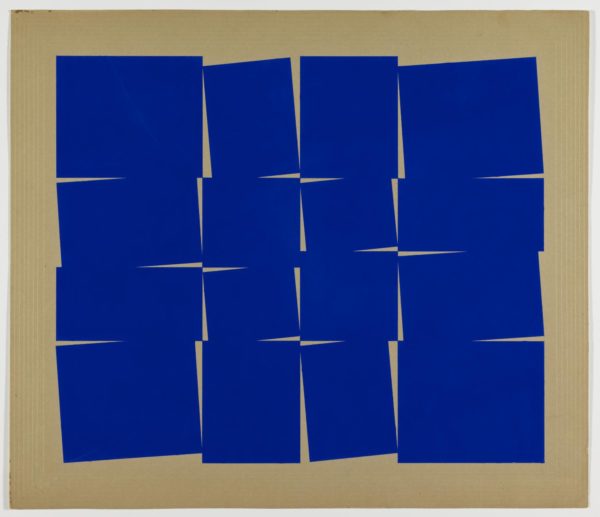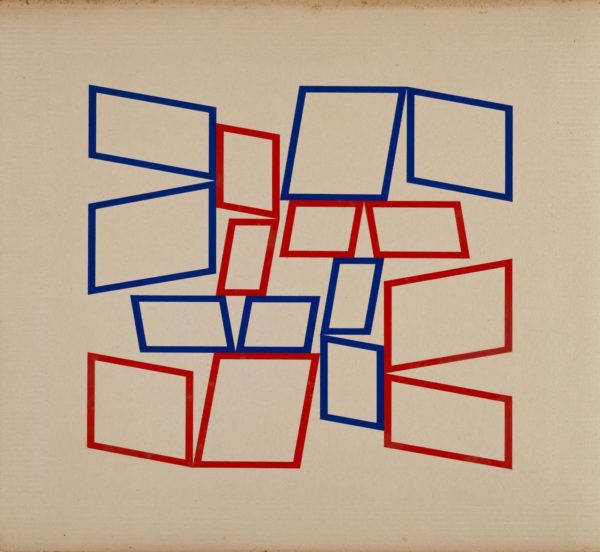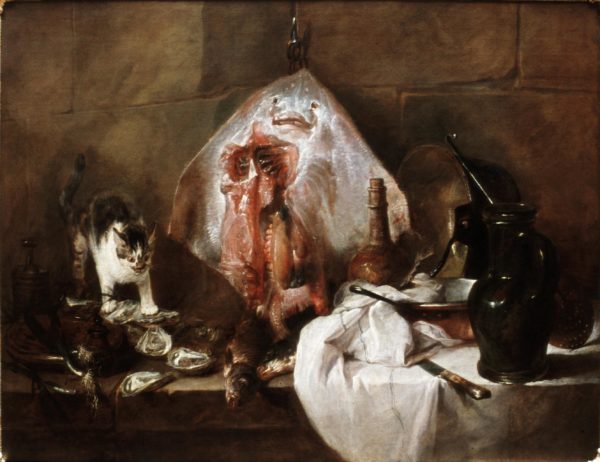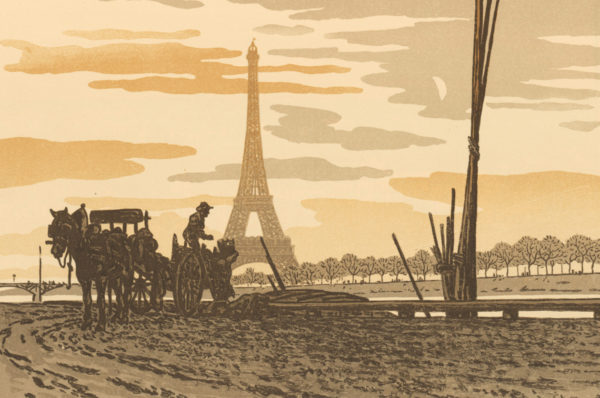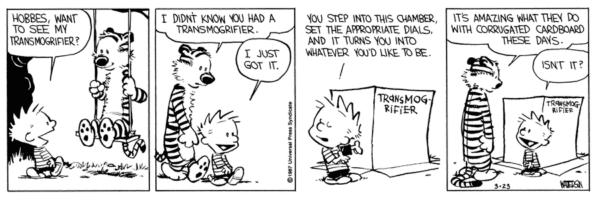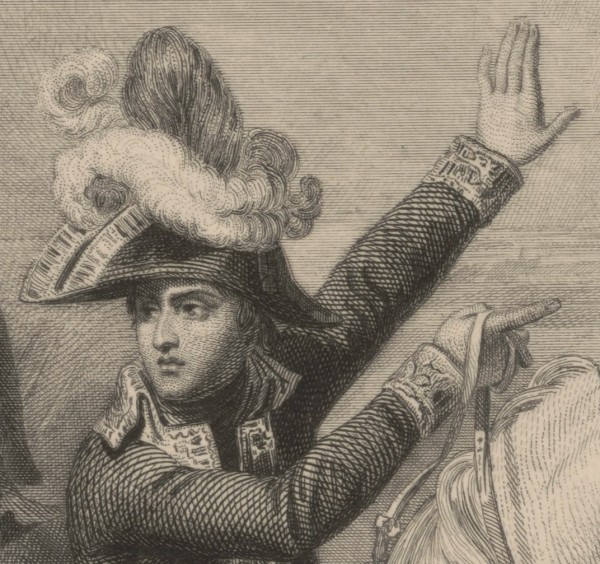
Wrongful Convictions: The Nineteenth-Century Droit d’Auteur and Anti-Authorial Criticism
By analyzing the Gros case in relation to nineteenth-century French law concerning the droit d’auteur, this essay offers evidence against one of the central historiographical postulates advanced in anti-authorial criticism: that the displacement of an interest in an author’s meaning onto a reader’s productive activities represents or would have represented a subversive blow to the modern proprietary regime of authorship. More specifically, I will dispute the plausibility of certain supposedly critical alternatives to the author, be they Roland Barthes’s modern scriptor or his emboldened readers, by demonstrating that the criticality of these positions depends upon a mistaken view of what historical authorship entailed and, more tendentiously, by suggesting that these same alternative “authors” had already been furnished with rights of their own.

